Soil is a living organism that is responsible for producing 95% of the food we eat and the health of our food depends on the fertility of the soil. Soil fertility and soil biodiversity have been on the decline in recent years due to human activity and the overuse and misuse of agrochemicals. I am here to talk about the 4 tips and 1 solution to improve soil fertility.
4 Tips for Improving the Soil Fertility
1. Start no-till practices
Tillage destroys soil and creates a poor soil structure that does not allow roots to move freely for nutrients and moisture. When we reduce the tillage operations by switching to cover crops can till the soil without using mechanical equipment and will reduce soil erosion, increase soil productivity, and reduce production costs. I can say use roots and not iron.
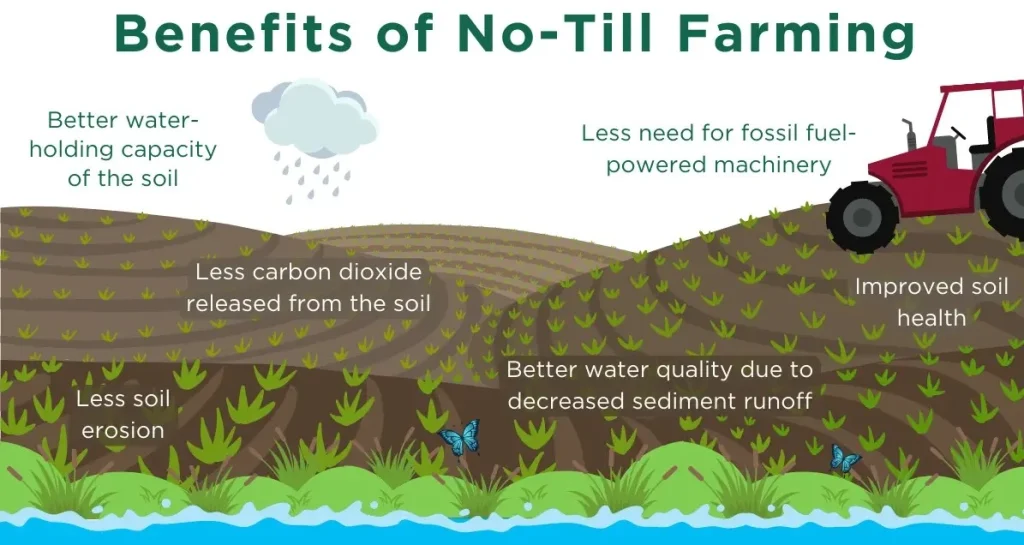
2. Crop Rotation is a must
Growing the same crop on the same land year after year, known as monocropping, is an attraction for insects and diseases. So have an eye on your farm’s crop rotation and plan to rotate your crops. In time, this will reduce your pesticide dependency and improve your soil structure.
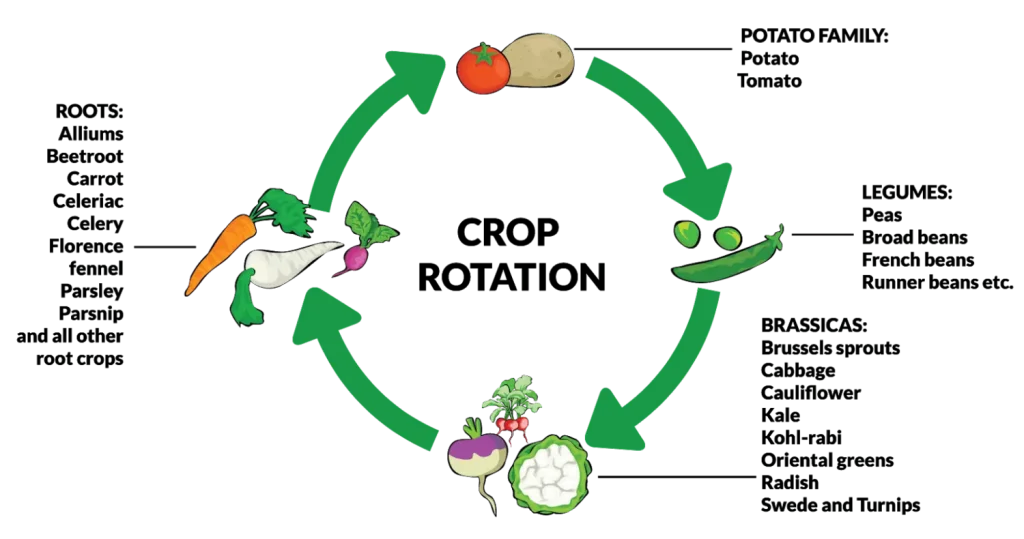
3. Add organic matter to improve soil structure
Soil structure refers to how sand, silt and clay particles are arranged and a healthy structure is essential to the micro-organisms that live and thrive in it. So we need to create a healthy soil structure by adding organic matter to it, like compost or manure, as well as transitioning to no-till practices and crop rotations.
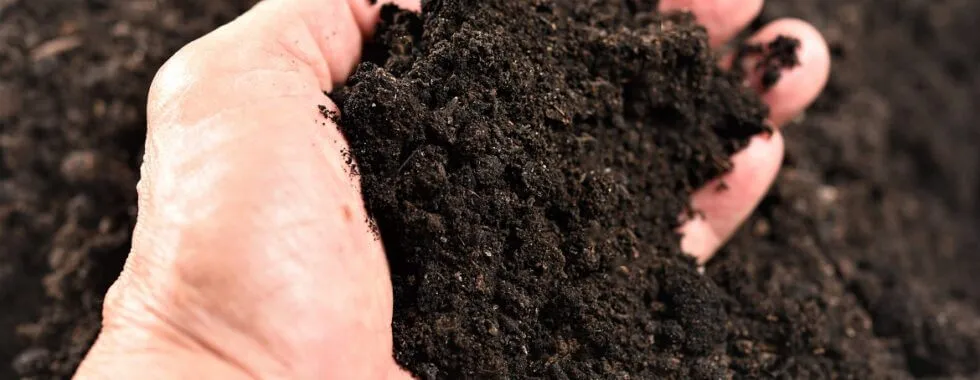
4. Protect soil with cover crops
Cover crops improve soil structure and protect water quality by preventing nutrient run-off and leaching. Cover crops need to be planted right after you harvest your cash crop. There are many cover crops available to growers so be sure to research and use the right one for your crop rotation.
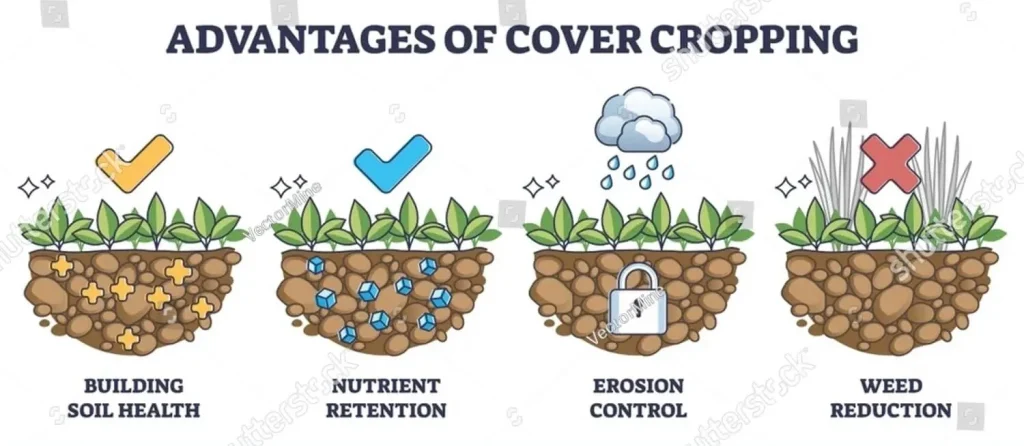
There is no silver bullet for improving farmed soil. But with the right combination of practices and the right organic manure can create a symbiotic relationship in the earth to help to improve soil fertility, produce healthy plants, and increase yields.
What is the right organic manure? Here I am to talk about that organic manure solution that is,
1 Solution to Improve Your Soil Fertility
I can recommend Criyagen DNP as a 1 solution to your soil. As criyagen is a pioneering life science firm with a clear mission to provide low-cost, environmentally friendly inputs for sustainable agriculture.
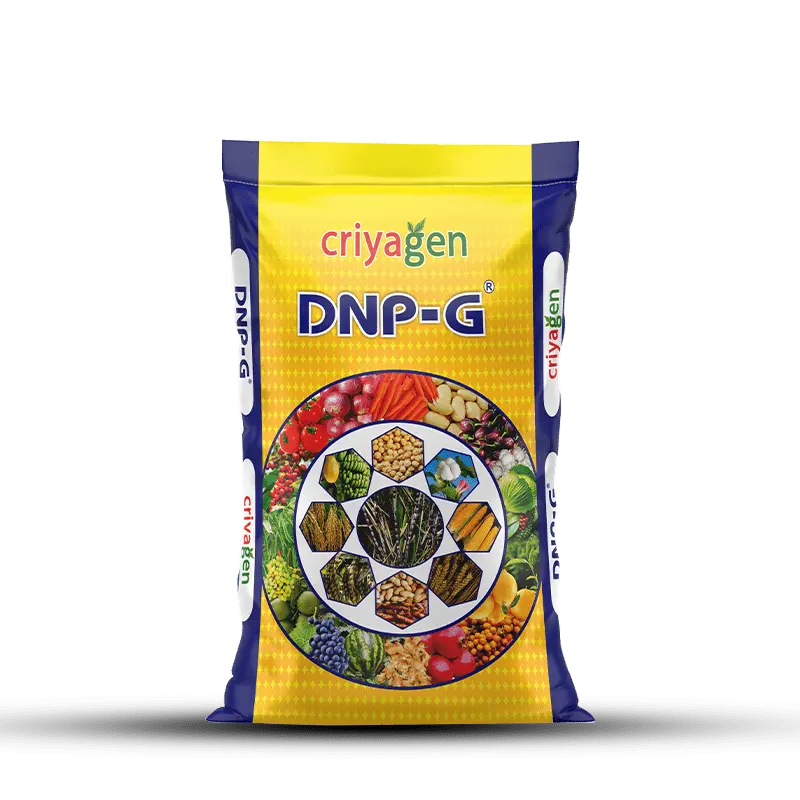
Why Criyagen DNP?
DNP is a unique organic manure consisting of organic carbon, organic boosters, trace amounts of essential minerals and effective AIMS (Agriculturally Important Microorganisms). DNP is intended to provide the most comprehensive crop nutrition which improves the physico-chemical and biological properties of soil ecosystem while enhancing crop productivity.
Why Criyagen DNP is special?
1. It Increases yield by 20-25%.
2. Reduces the use of inorganic fertilizers by 20%.
3. Improves the physical, chemical and biological properties of the soil.
4. It protects the crop from soil-borne fungal diseases.
5. It increases the yield and quality.
How to Apply Criyagen DNP?
It is suitable for all crops and compatible with all other fertilizers also.
For Short duration crops:
- First application: Apply 50-100 kg of Criyagen DNP per acre at the time of planting along with other fertilizers.
- Second application: Apply 50 kg of Criyagen DNP per acre at 45-125 days after planting along with other fertilizers.
For Long duration crops:
- It is recommended as 3-4 bags per acre per season.
At last, improving soil fertility is important for sustainable agriculture. Adopting practices such as no-till farming, crop rotation, adding organic matter, and utilizing cover crops can enhance soil fertility and productivity while reducing environmental impacts. Criyagen DNP offers a promising solution, harnessing organic compounds and beneficial microorganisms to boost crop yields, reduce dependency on synthetic fertilizers and guard the soil against diseases. By integrating these 4 tips and 1 solution to improve your soil fertility helps farmers to cultivate healthier soils, produce higher-quality crops, and contribute to a more healthy agricultural ecosystem.
Want to Know Cost-Saving Organic Solution for Farmers? Click here